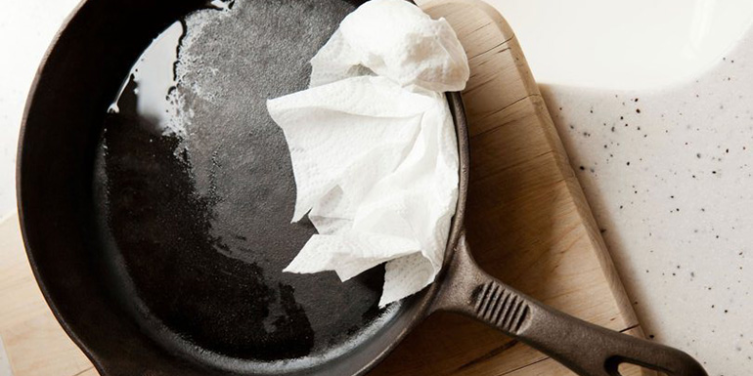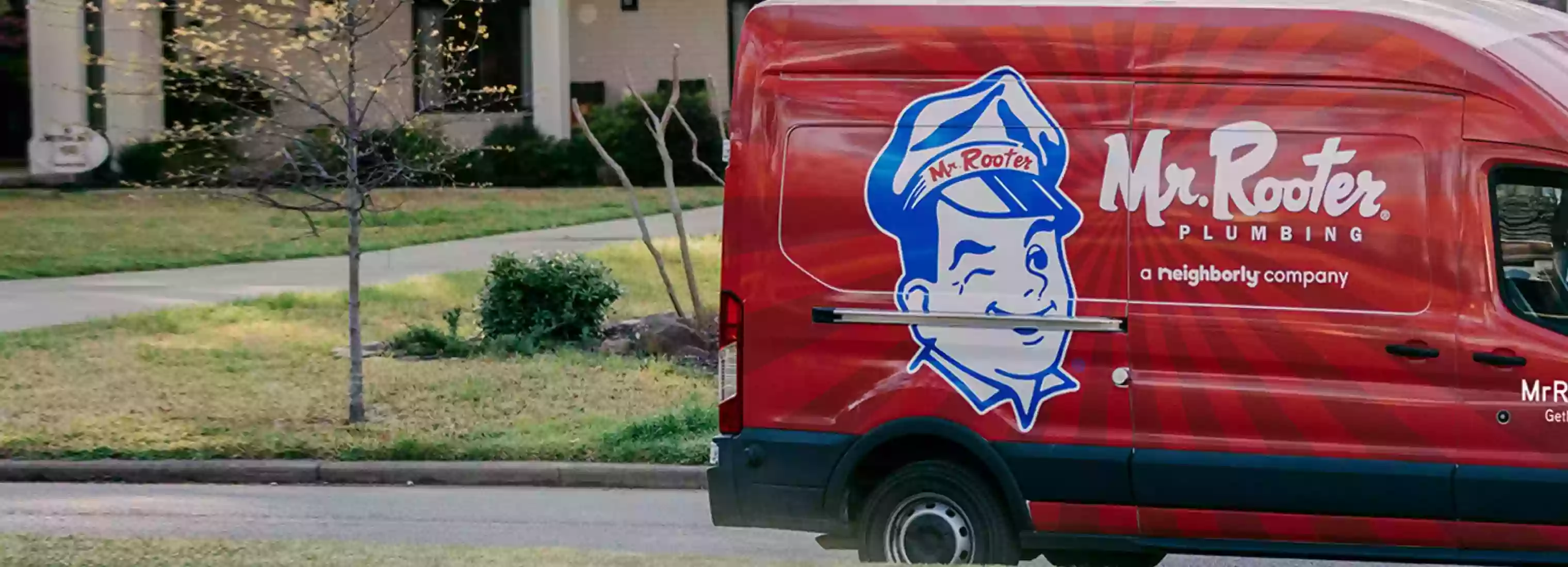Why You Shouldn't Pour Grease Down Your Drain

If you've ever found yourself standing around with a pan full of grease after frying up some bacon and considered throwing it down the drain, don't! While cooking grease and other liquid fats may appear to flow smoothly into your drain, they can lead to drain clogs, environmental issues, health hazards, and costly repairs!
In this article, we'll explain why you shouldn't pour grease down the drain, detail the dangers of doing so, and provide you with a few tips on how to repair grease-related drain pipe damage.
Why Does Grease Cause Drain Clogs?
Grease and other oils look like liquid, so why can't they go down the drain with all the other liquids? Well, they don't stay in a liquid state for very long. Take bacon grease, for example - you start with an un-oiled pan and end up with a quarter cup of grease after cooking a few slices of bacon. That's because the bacon fat, which used to be solid, has now melted.
Unfortunately for your drain, the freezing point of bacon fat, and many other fats, is close to 100°F. And drain pipes seldom reach those temperatures. Even something as innocuous as olive oil can become solid when poured down a drainpipe.
The Consequences of Pouring Fats Down the Drain
When liquid fats solidify in a drainpipe, it can lead to major problems in your home and your city's sewer system. It can form tough clogs that are capable of stopping up a drain but extremely difficult to remove. The fat stays somewhat soft, making it hard to retrieve from the drain.
Grease can even disrupt local sewer systems and septic tanks by forming fatbergs. These are large clumps of solid fat that float around and threaten to clog up the whole system.
How to Dispose of Leftover Cooking Grease
Before pouring away greases that solidify or melt at room temperature, such as bacon grease, duck fat, and lard, down your drain, read the below guidance on what you can do after you finish cooking:
- Grease/rendered animal fats: To manage warm grease properly, pour it into a grease jar or can. We recommend using a metal or glass storage container, such as a clean metal can or a screw-top jar. Once the container is full, scoop out solid residue using an old scooper tool before storing it in the fridge for future use. You can also wait for the fat to cool slightly before soaking it up using paper towels, which can then be tossed into the garbage.
- Cooking oils: Before pouring oil into the trash can or sopping it up with paper towels, allow it to cool. Cooking oils can also be reused for future meals. Just make sure to strain out any contaminants before storing the used oil.
What Should I Do If I Have Already Put Grease Down My Drain?
If you happen to be reading this after an incident, preventive steps can still help minimize damage. Run the sink at its maximum temperature, pour a gallon (or more) of boiling water slowly, and add a bit of dish soap for maximum efficacy. Hot water will keep the oil in a liquid state, while the dish soap will break up grease deposits within the pipes.
Pouring Grease Down the Drain FAQs
Can I pour cooking oils down the drain?
Cooking oils are a common kitchen staple, but disposing of them improperly can harm your plumbing and the environment. Here, we will explore the risks associated with pouring cooking oils down the drain and provide expert tips on how to dispose of them responsibly.
- The Consequences of Pouring Cooking Oils Down the Drain:
- 2. Proper Disposal Methods:
- Option 1: Recycle:
- Option 2: Reuse:
- Option 3: Solidify and Dispose:
By following these expert tips, you can ensure the proper disposal of cooking oils and prevent potential plumbing disasters. Remember to always consider your pipes when disposing of cooking ingredients.
Have a Grease-Related Clog? Contact the Drain Cleaning Professionals at Mr. Rooter Plumbing
If you have been pouring grease down your drain for many years, professional assistance may be required to clear out your pipes. Mr. Rooter Plumbing stores offer drain clog removal and pipe cleaning services that can keep your pipes flowing effectively. You can also request an estimate on our homepage. Each Mr. Rooter Plumbing location is locally owned and operated. Our plumbers understand that plumbing service is about not only your pipes but also your satisfaction. We won't begin work until we tell you what needs to be done and how much it will cost; that's the Mr. Rooter Plumbing guarantee.
 Click to call
Click to call


